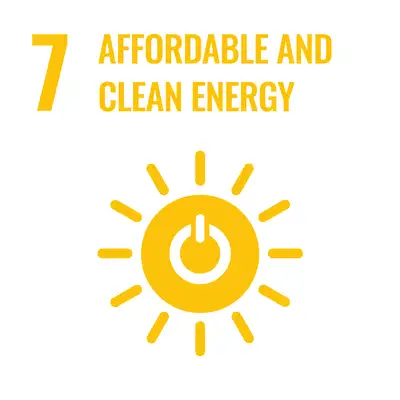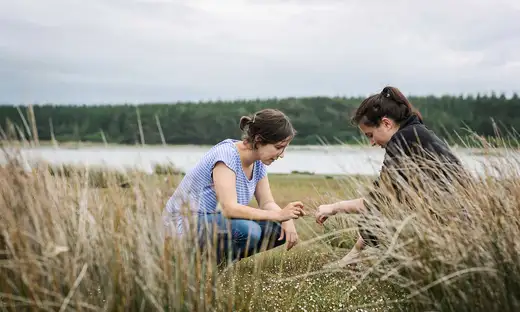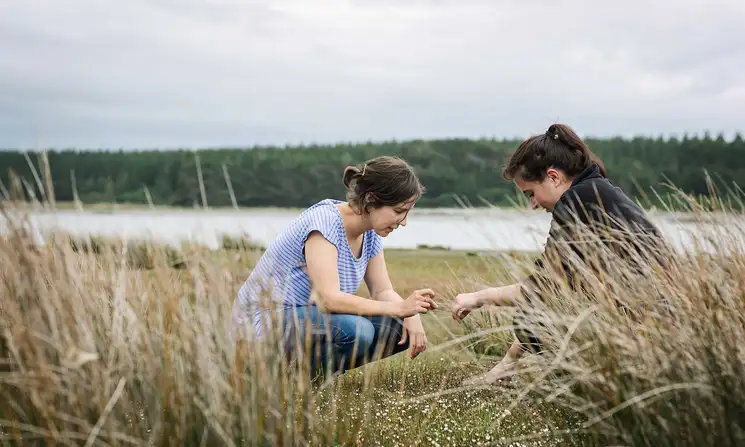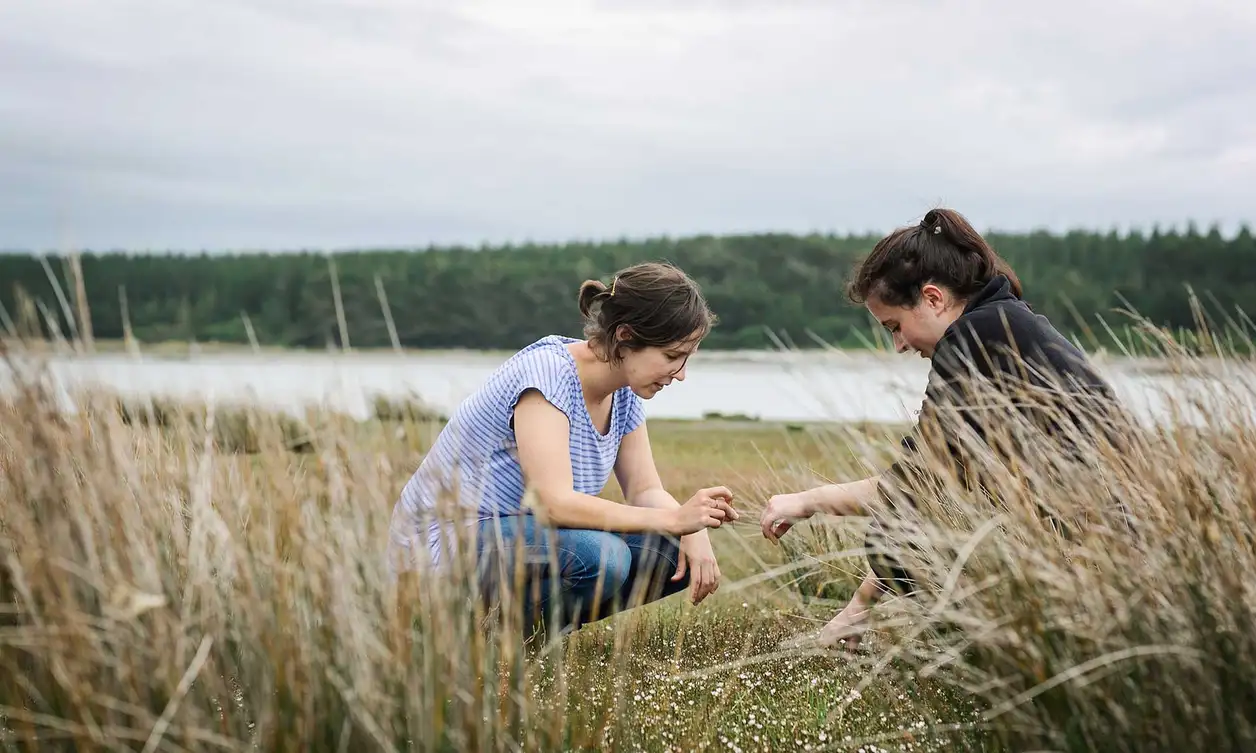
Energy efficiency initiatives
Decarbonising energy is a key element of the Massey University Climate Action Plan. In 2022, there were significant improvements in energy efficiency and fossil fuel reductions through several projects delivered by EECA-supported Energy and Carbon Graduate positions.
The university saved a total of 1.6 gigawatt hours through a combination of:
- improvements in building management systems enabling better campus-wide control
- replacing inefficient fluorescent light fittings with LEDs in many buildings
- improved control over boilers.
The implementation of these initiatives was in both existing buildings and new ones. They're having a positive impact on the university's energy usage. In 2022, the university consumed 53,166,852 kilowatt-hours – a 10.2 per cent decrease from 2021 and a substantial 16.0 per cent lower than the pre-pandemic year of 2019.
Energy Efficiency is a key focus for new buildings
Massey has committed that all new buildings achieve the 5 Green Star New Zealand Excellence rating in the Green Star building standard or the equivalent. This standard is a sustainability rating system certified by the Green Building Council Australia.
The rating system is holistic and includes an assessment of water conservation measures during the building’s environmental impact assessment.
The Massey University Climate Action Plan reiterates this commitment with its strategies, initiatives and milestones for reducing emissions.
The newly built Veterinary school Student Learning Complex and Post-Mortem/Production Animal Hospital facility incorporate numerous energy-efficient features.
- Insulation-enhanced walk-in chillers and freezers.
- Lab areas linked with the Campus Building Management system, which allows remote control of building systems and setting time schedules.
- LED lighting with intelligent control systems to reduce lighting when not required.
- Specialised lab equipment, including speed-adjustable fans, increases energy efficiency.
- Passive ventilation and motorised dampers shut down ventilation in unoccupied spaces.
- Heat recovery units and carbon dioxide sensors reduce heating and cooling costs.
Renewable energy initiatives
Massey has a range of initiatives underway to increase its renewable energy sources.
Partnership with renewable energy fund Solar Bay
In partnership with renewable energy fund Solar Bay, Massey will host a large onsite solar system at the Manawatū campus. Massey expects the solar arrays to produce up to 9,000,000 kWh of electricity per year – 38 per cent of campus electricity.
Employing energy and carbon management graduates
Employing Energy Efficiency and Conservation Authority-supported Energy and Carbon Management Graduates to deliver several projects to improve energy efficiency and reduce fossil fuel use. These include:
- improvements to building management systems, for example, installing light sensors and campus-wide control systems
- installation of solar-powered streetlights
- improving sensors in glasshouses.
Other initiatives
- The university replaced 23 gas boilers with heat pump technology across the three campuses.
- Replacing a chiller with a lower Global Warming Potential refrigerant – estimated to save around 412 tonnes of carbon emissions over ten years.
- Installation of efficient LED lighting at the Manawatū campus – estimated to save 440 tonnes of carbon emissions over ten years.
Some projects were co-funded by the Energy Efficiency and Conservation Authority's (EECA) State Sector Decarbonisation Fund.
Commitment to renewable energy
In 2019, agreed to by our Senior Leadership team, Massey committed to reaching Net Carbon Zero by 2030. The university reiterated this public commitment in the university's 2021 to 2030 Climate Action Plan.
To help meet this goal, the university has committed to:
- reducing the absolute total energy emissions by 30 per cent by 2030, relative to the 2018 base year.
- new buildings operating at Net Zero Carbon by 2030
- all buildings operating at Net Zero Carbon by 2050 – where Net Zero Carbon buildings are highly energy efficient and fully powered from renewable energy sources and offsets.
Aotearoa Sustainability Declaration signatory
To further show our commitment to the United Nation’s Sustainable Development Goals, Massey also signed the Aotearoa Sustainability Declaration at the 2021 Aotearoa SDG Summit. The summit brought together more than 440 people across different sectors who want to make meaningful changes towards the United Nation’s 17 Sustainable Development Goals. Massey has a particular focus on SDG13, Climate Action.
Pledged support for free public transport
Massey has pledged its support for free public transport for tertiary students through the Aotearoa Collective for Public Transport Equity. Free public transport contributes to the university's achievement of sustainability objectives while also improving affordability, fostering stronger community connections for students and alleviating traffic congestion.
Read more about the Aotearoa Collective for Public Transport Equity
Australasian Campuses Towards Sustainability member
The university is also a member of ACTS, Australasian Campuses Towards Sustainability, and actively participates in the Green Impact programme – a United Nations award-winning program designed to support environmentally and socially sustainable practices in organisations.
What you can do
Let us know if you have ideas on how we can reduce on-campus energy use! All ideas are welcome. Contact our Sustainability office
Come and join us at Green Impact! This change and learning programme is designed for university staff and students to help tackle everyday sustainability issues. For more information, visit Green Impact
Start-up companies supporting a low-carbon economy
Massey Ventures supported the commercial development and invested in financial assistance and commercialisation expertise for the start-up company Captivate Technology. This company specialises in carbon capture and removal, using a metal-organic framework, MUF-16, as a sponge-like adsorbent to sieve carbon dioxide from industrial emissions.
Massey Ventures was the first investor to support EatKinda, a Start-up co-founded by Massey University student Mrinali Kumar. EatKinda makes dairy-free ice cream from cauliflower that is better for the environment (compared to dairy ice cream) and tastes great.








